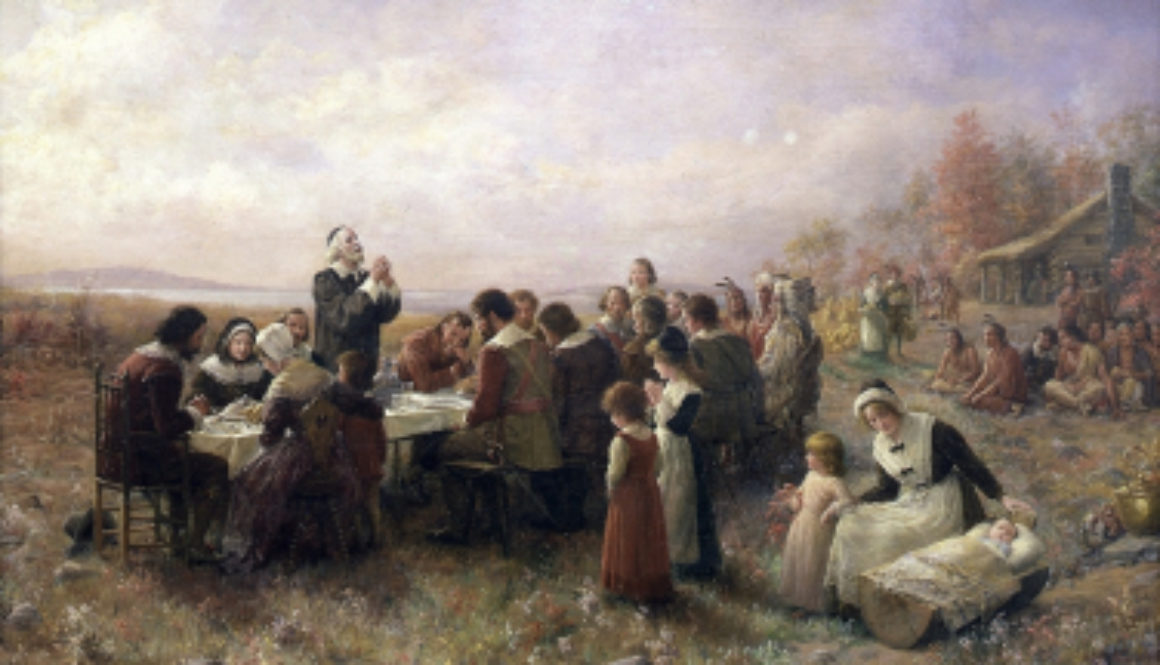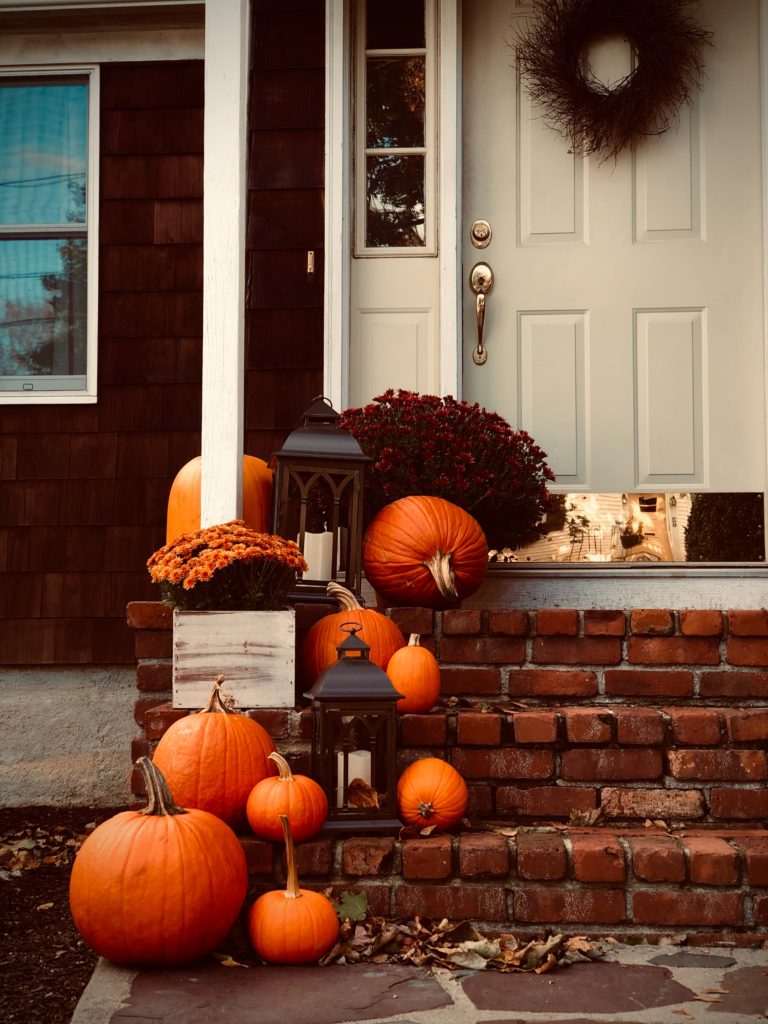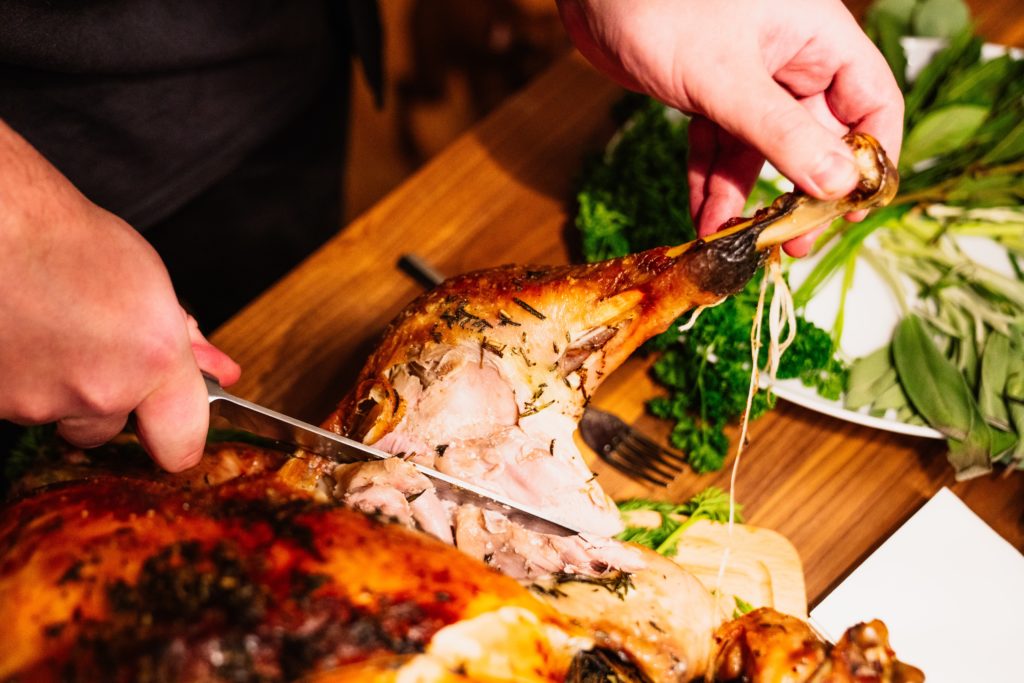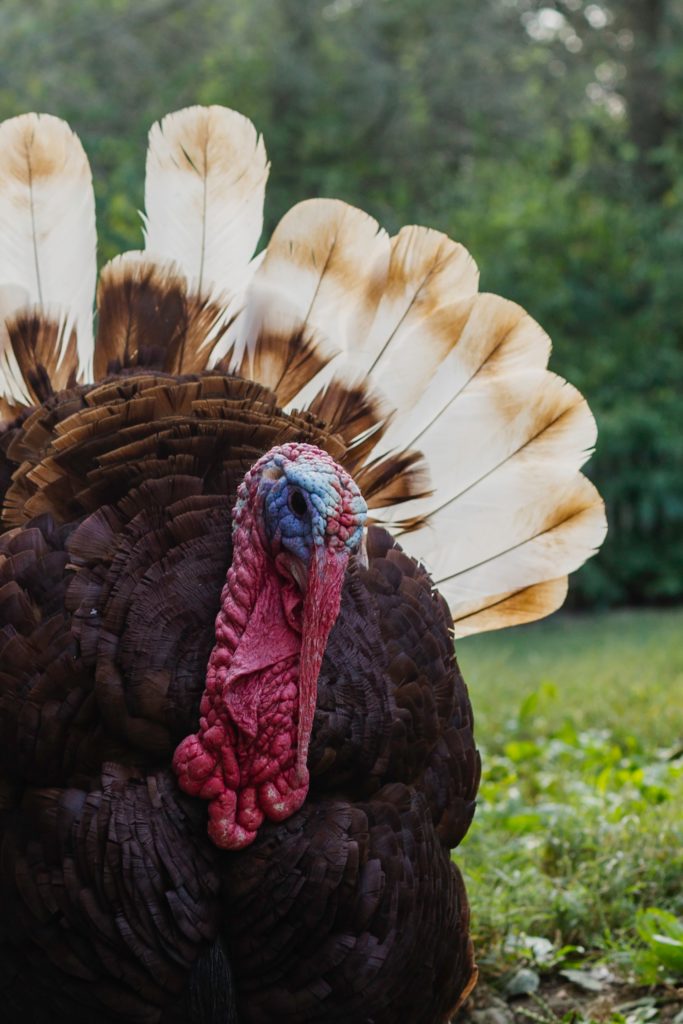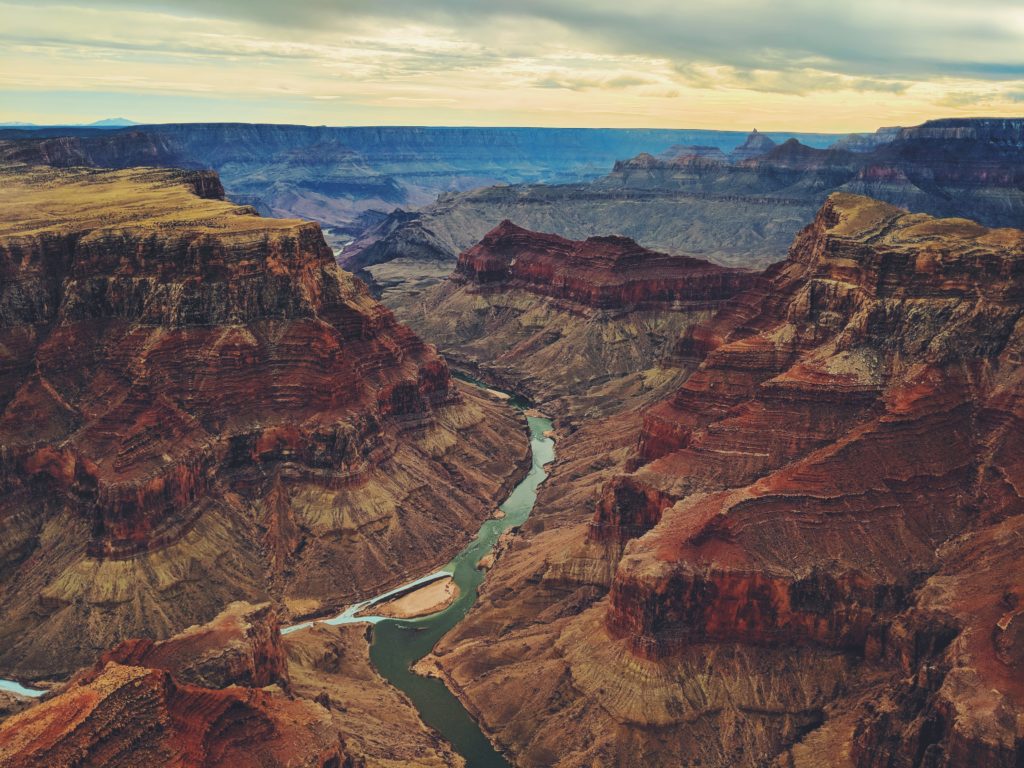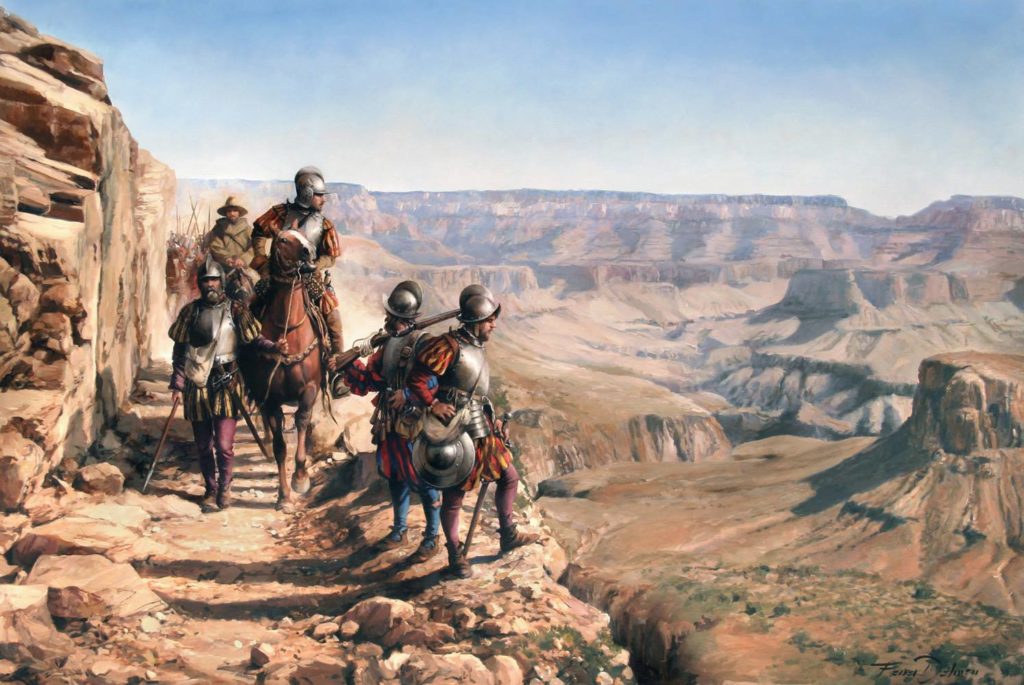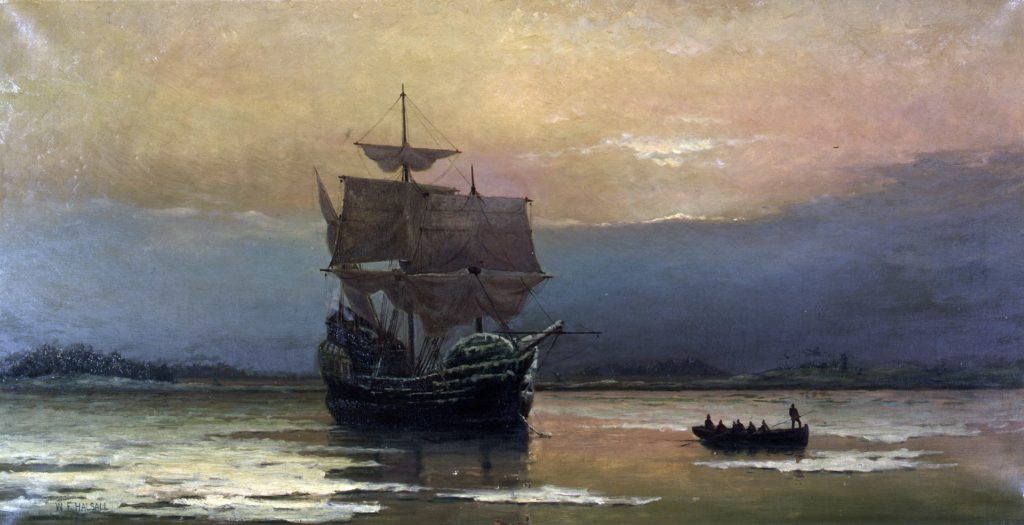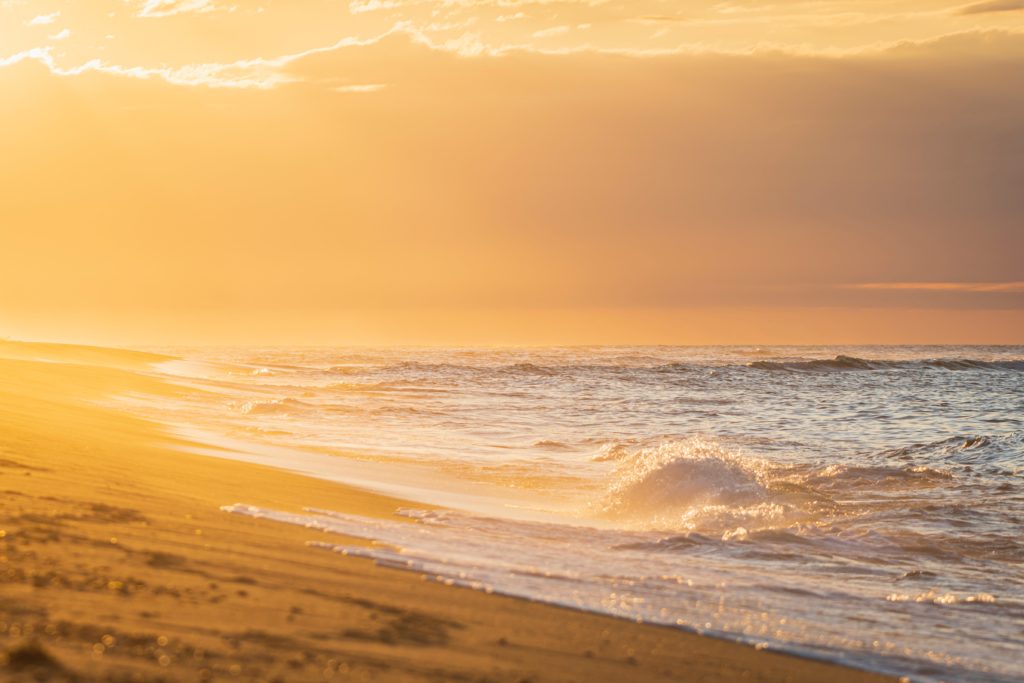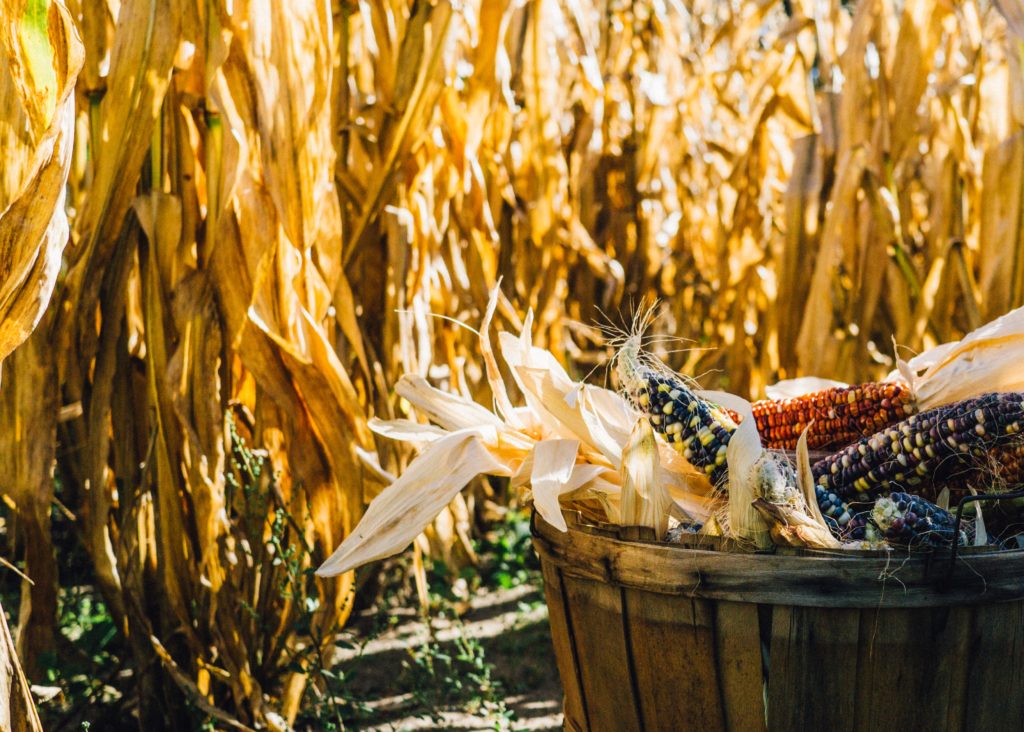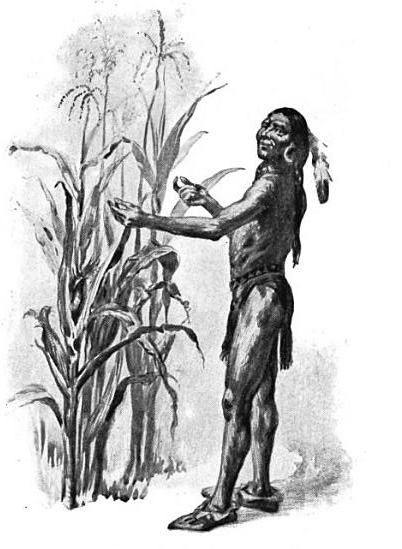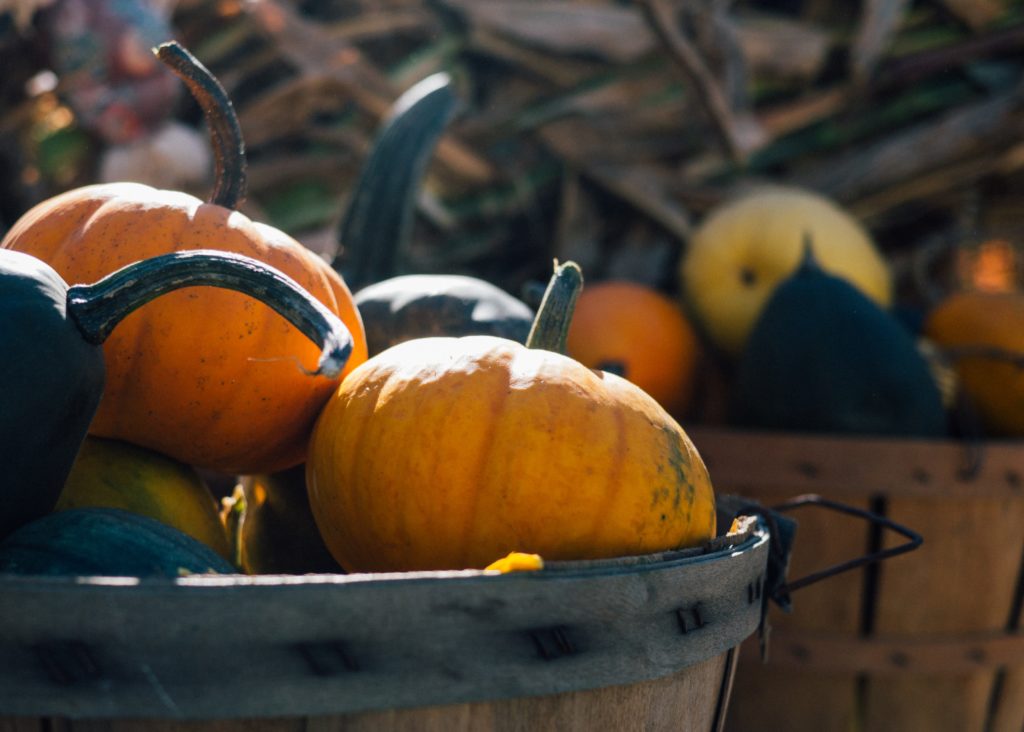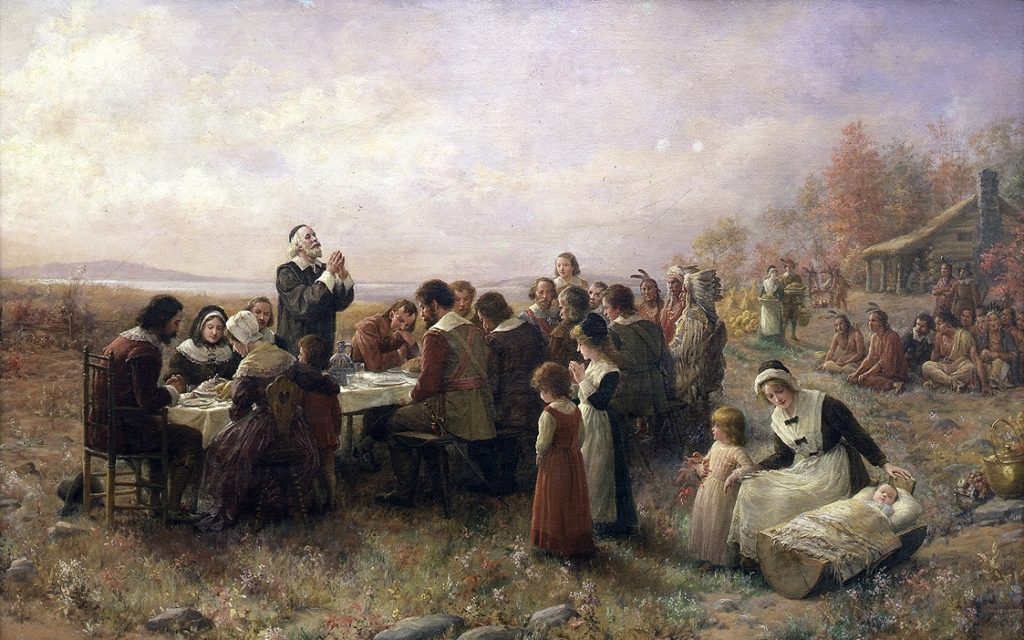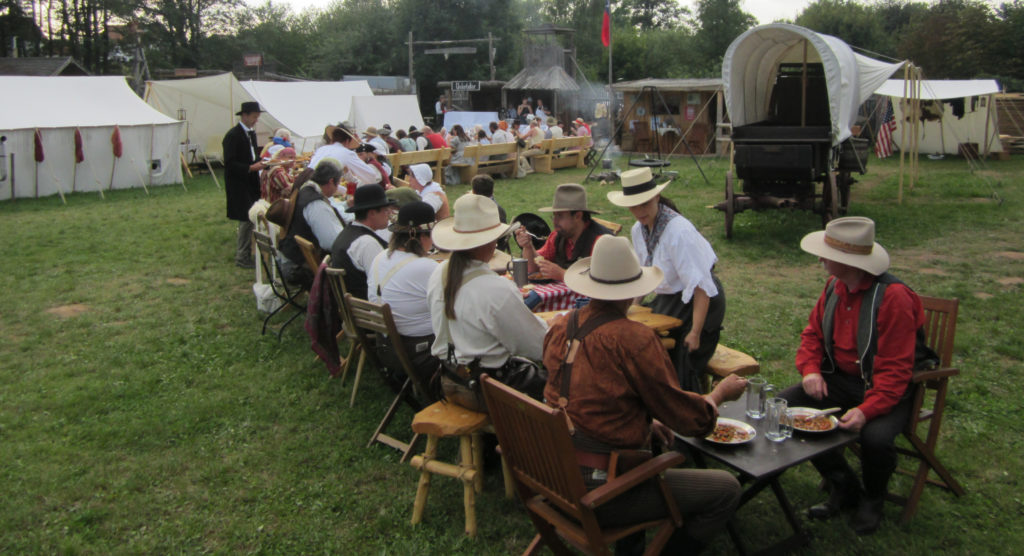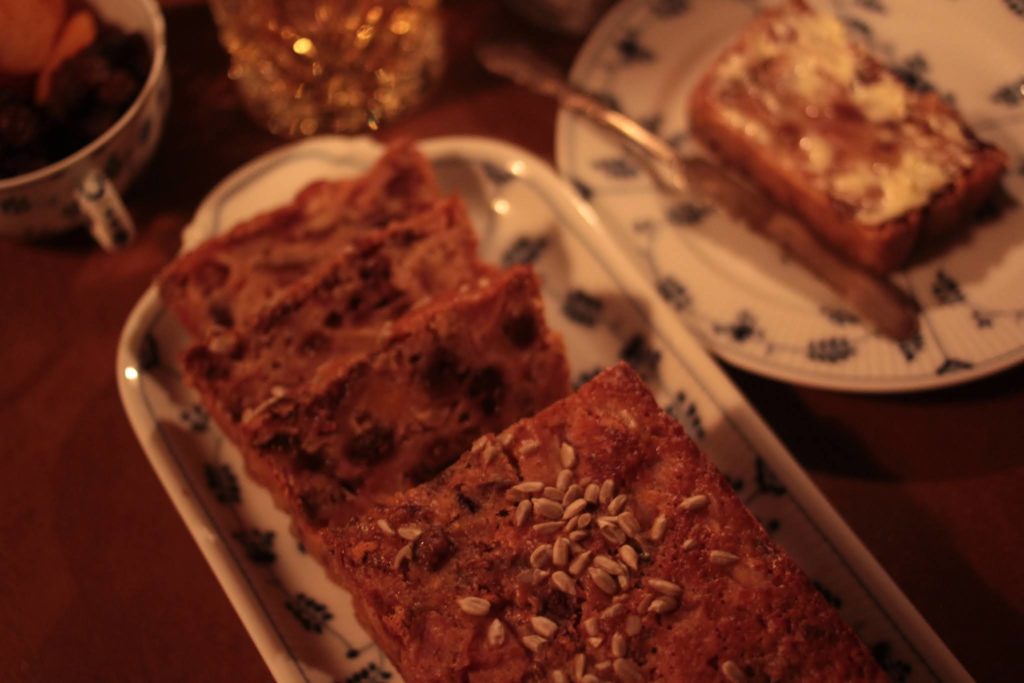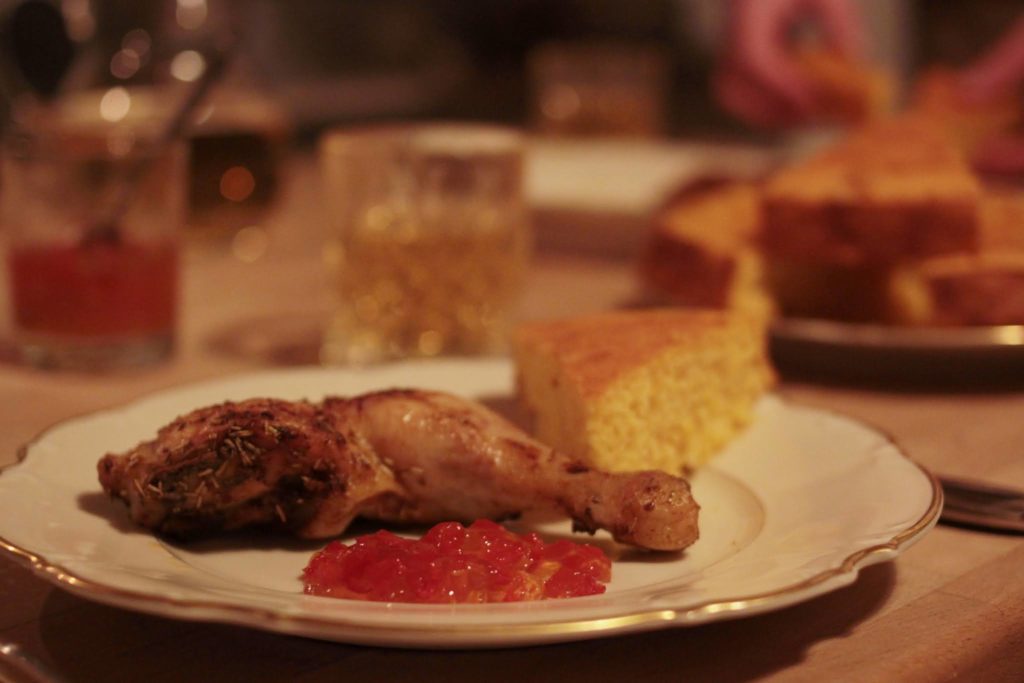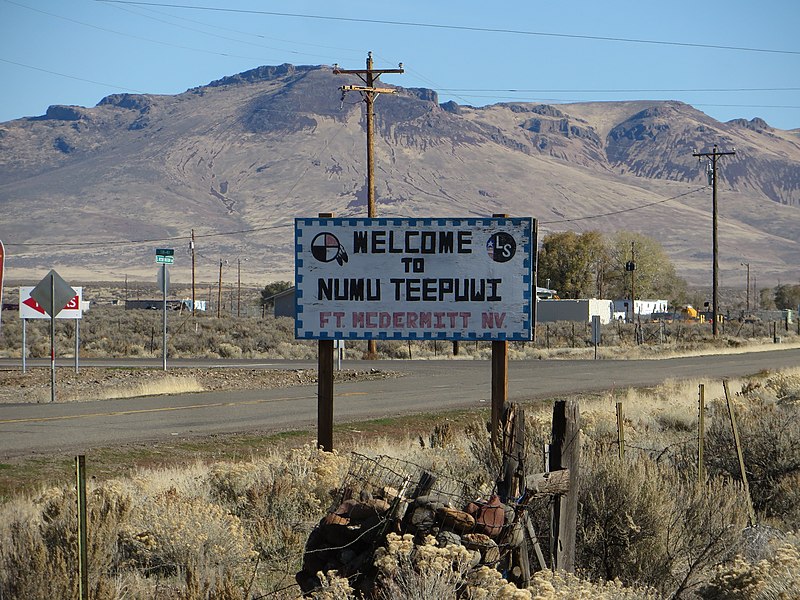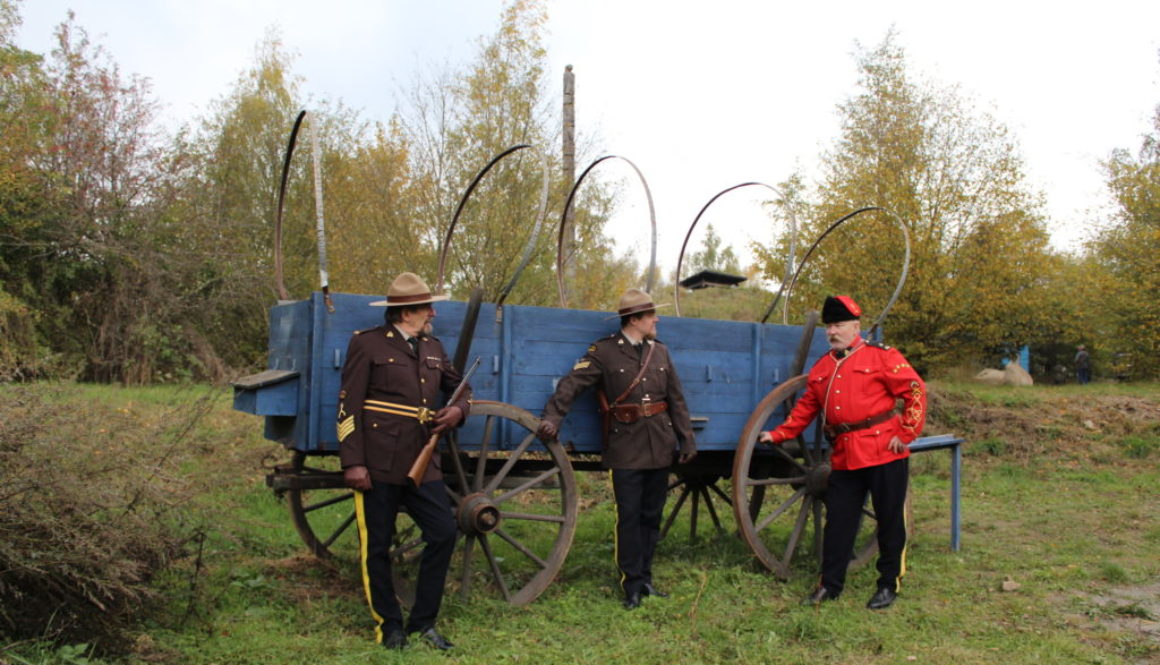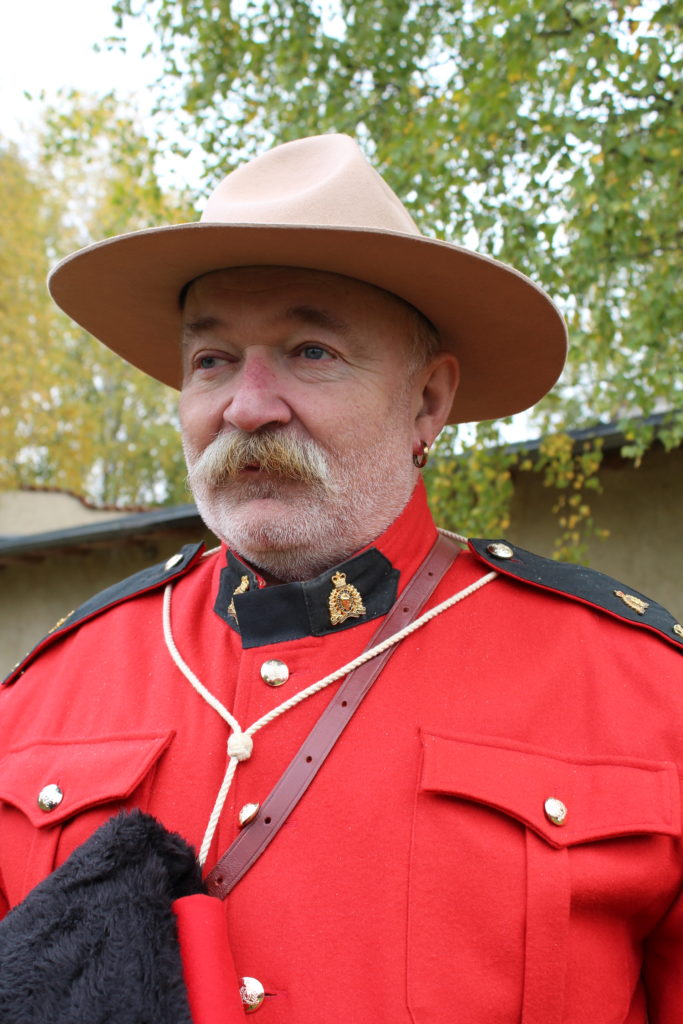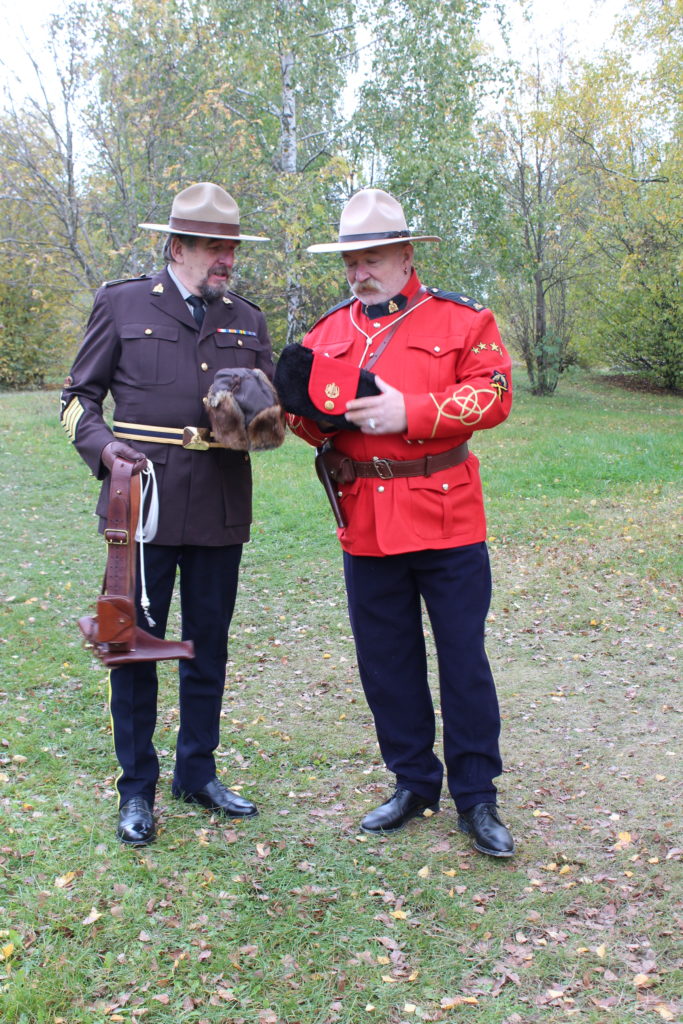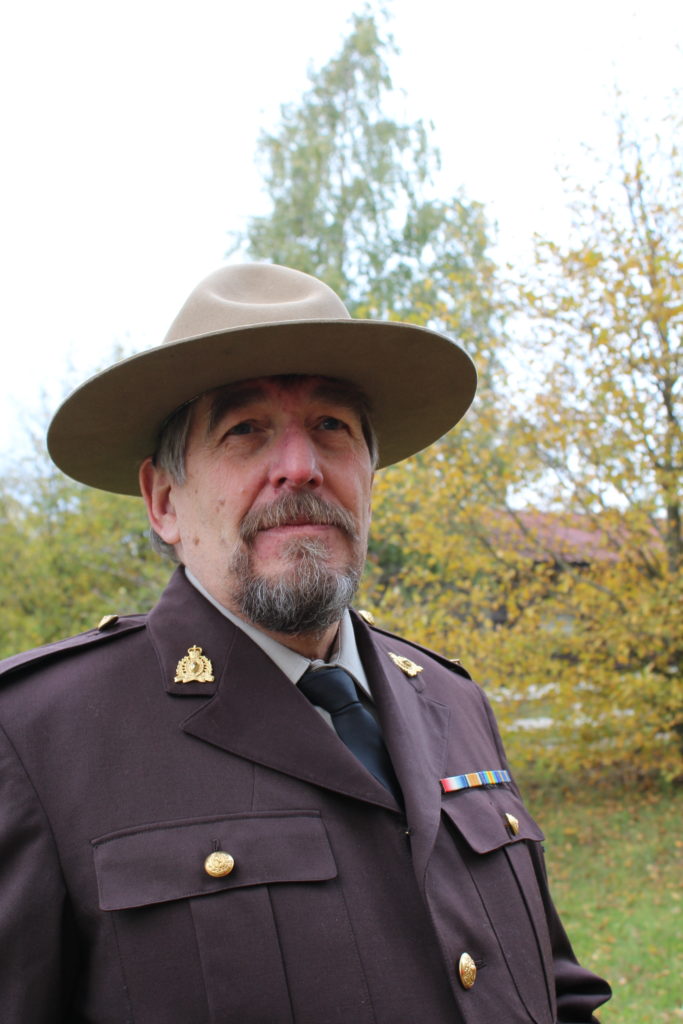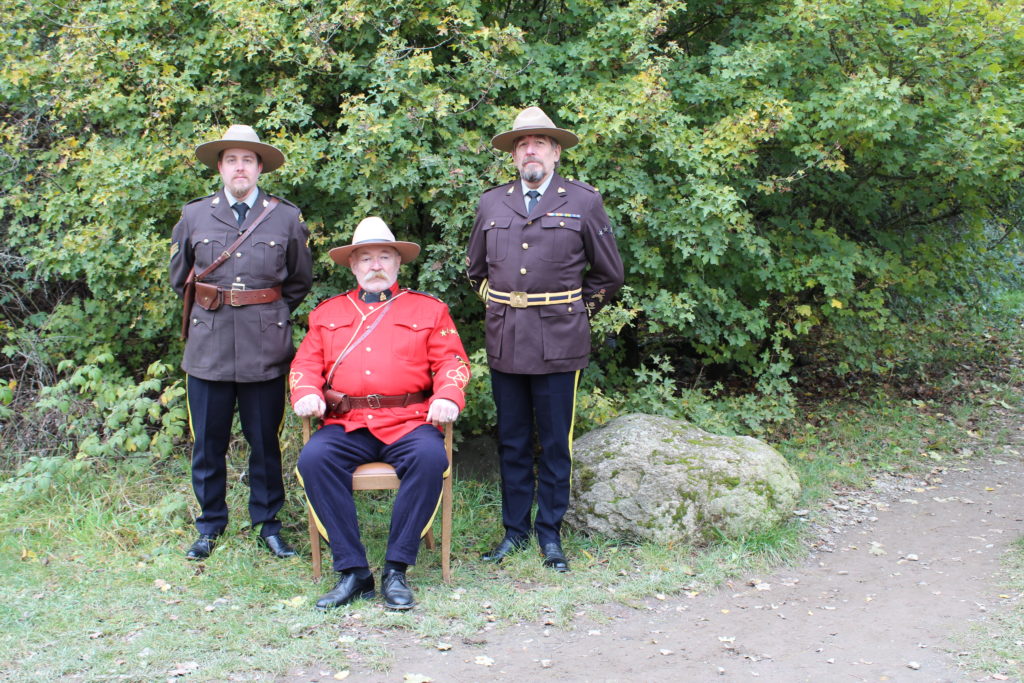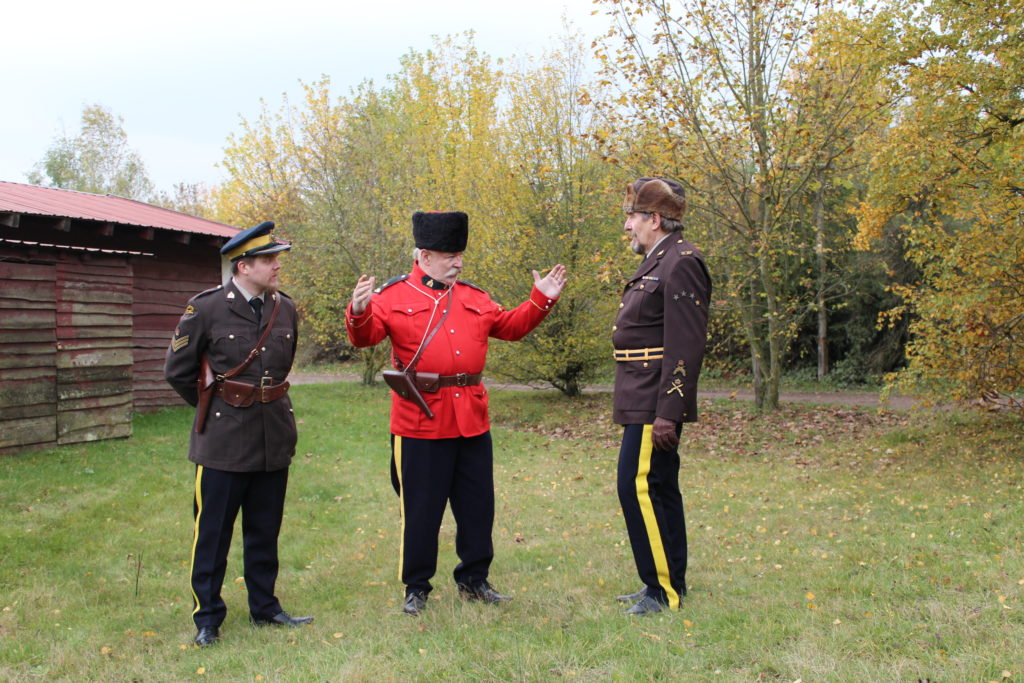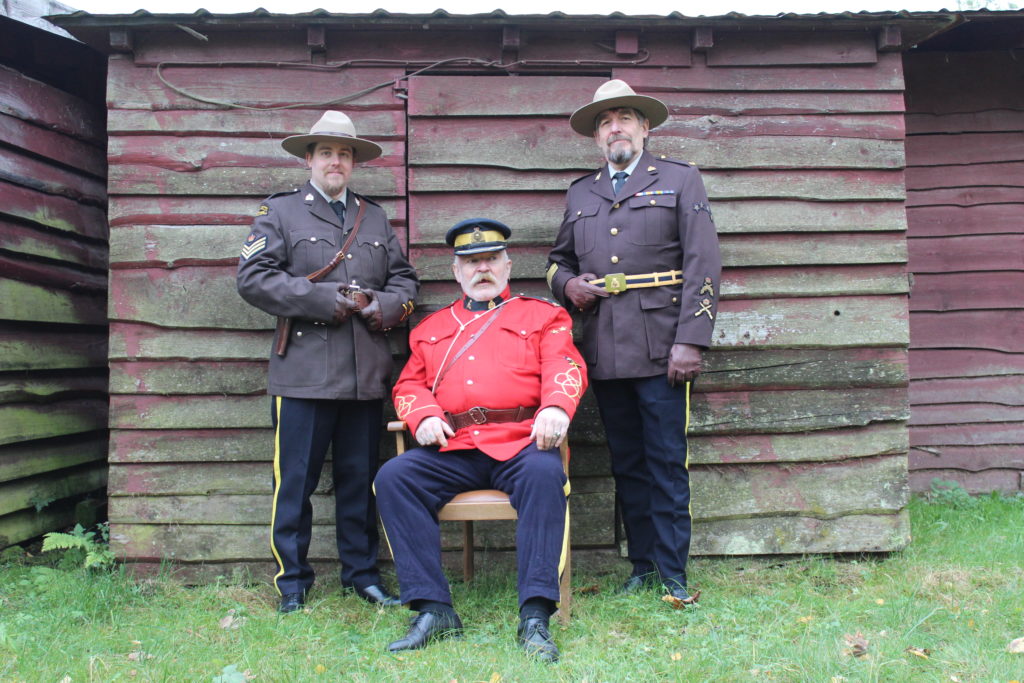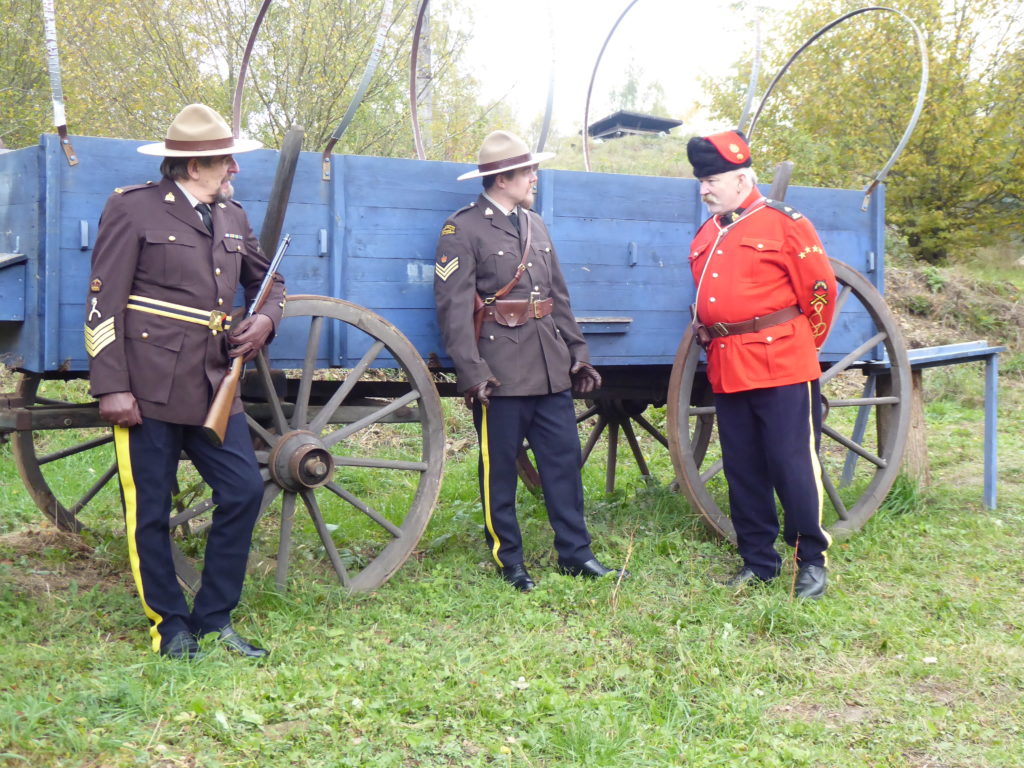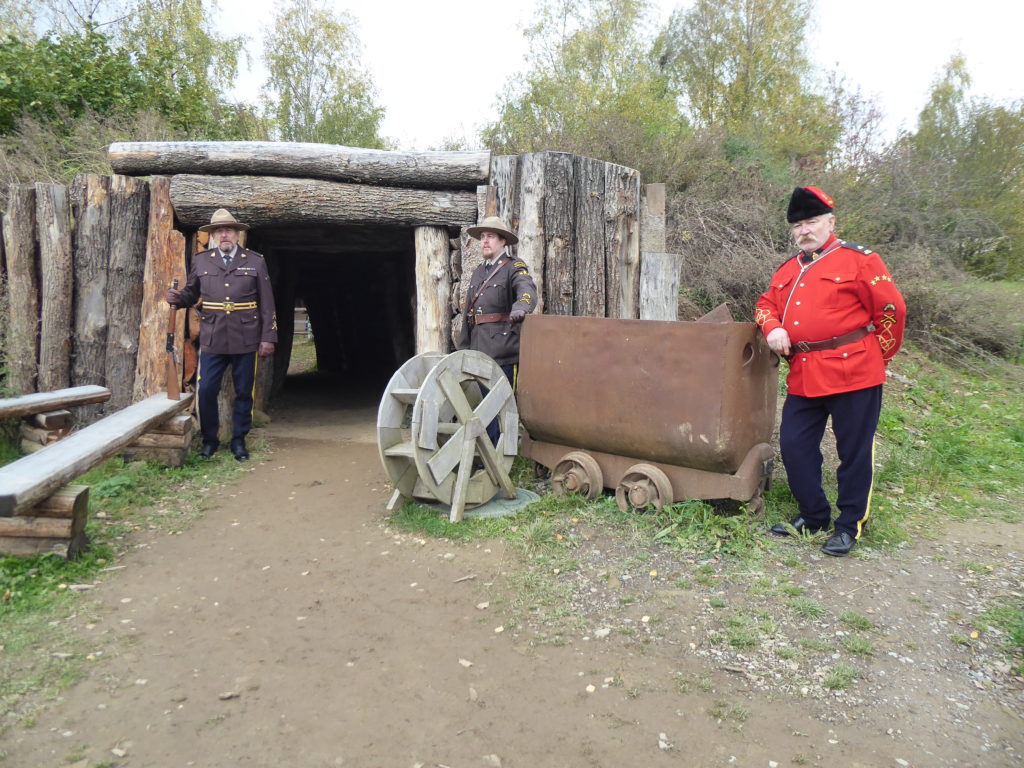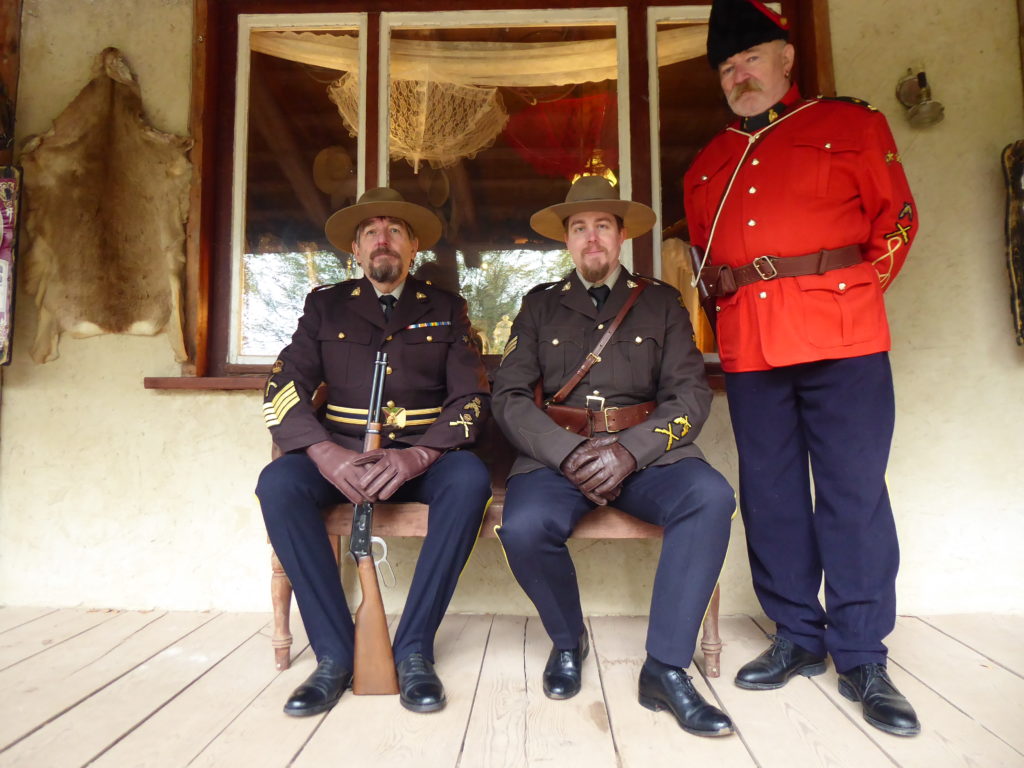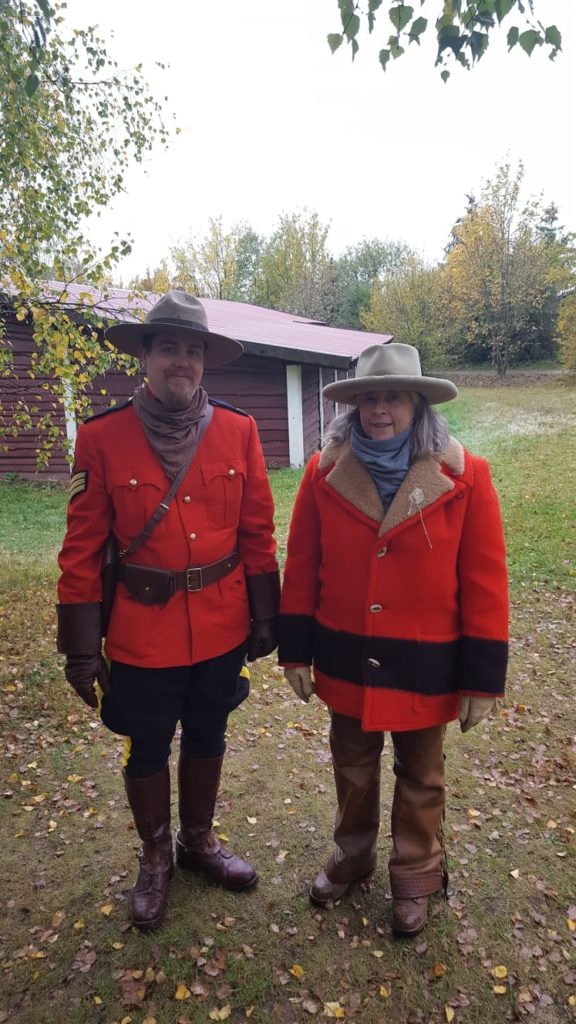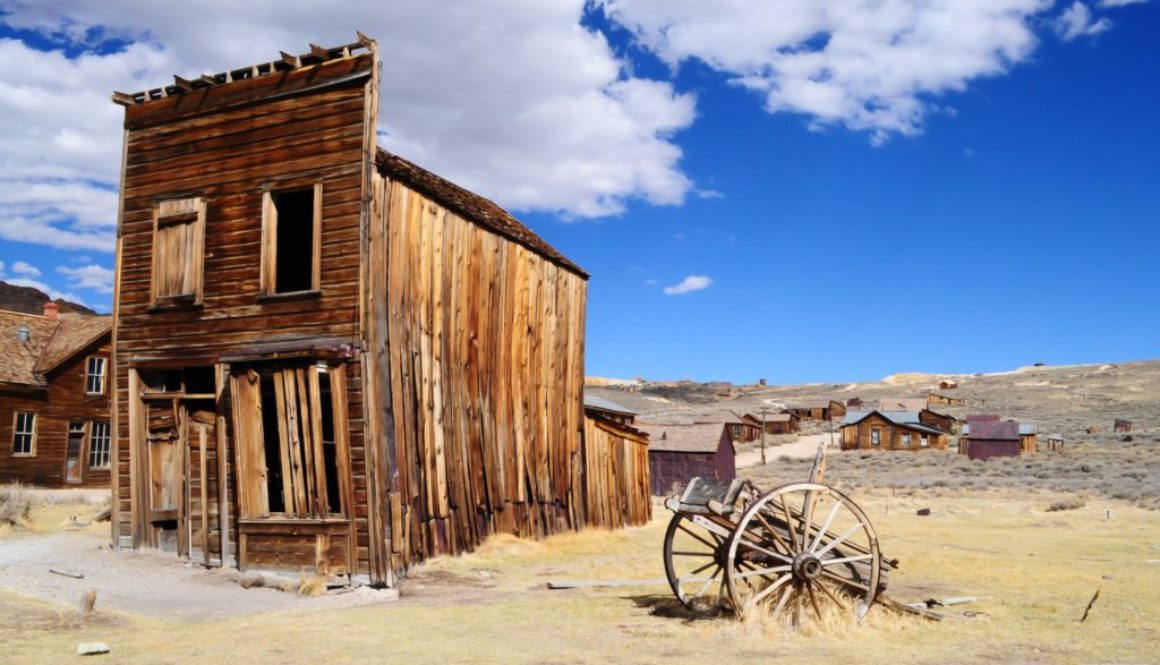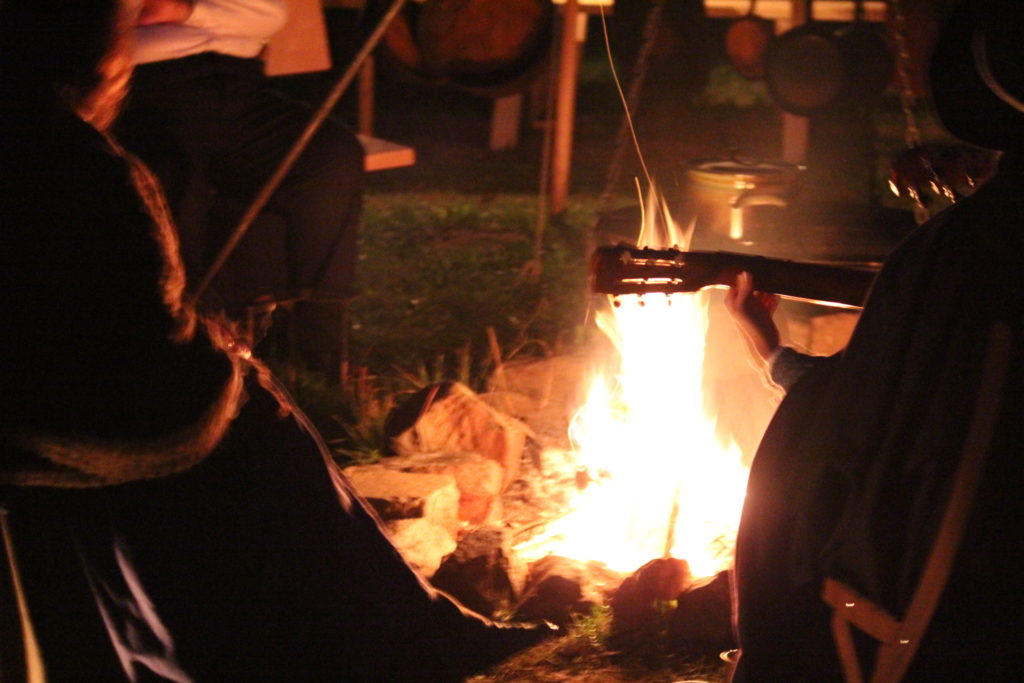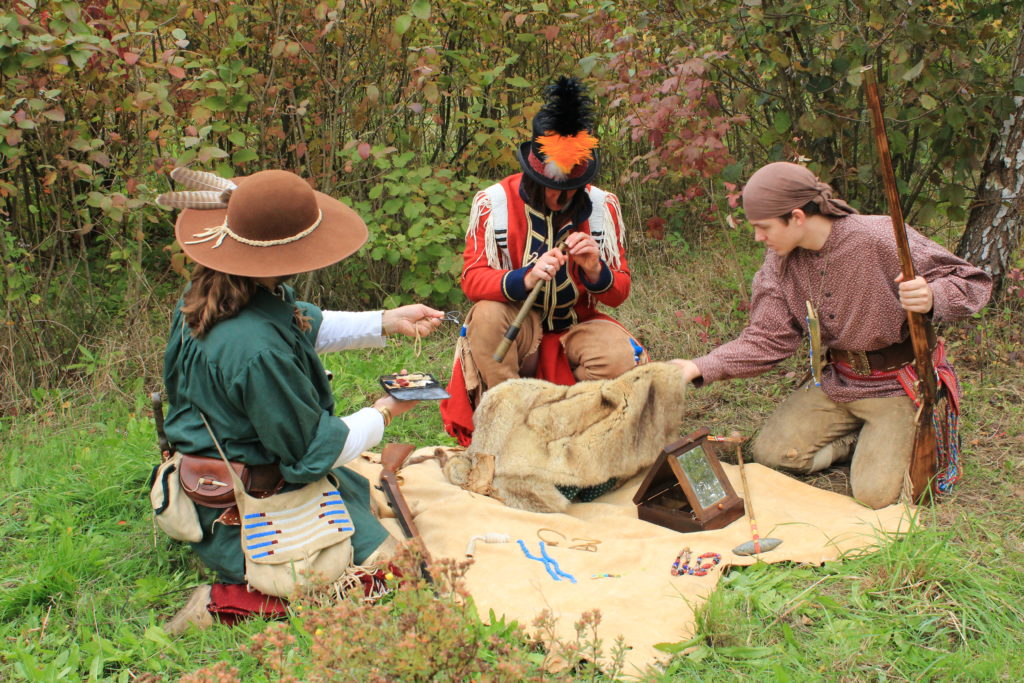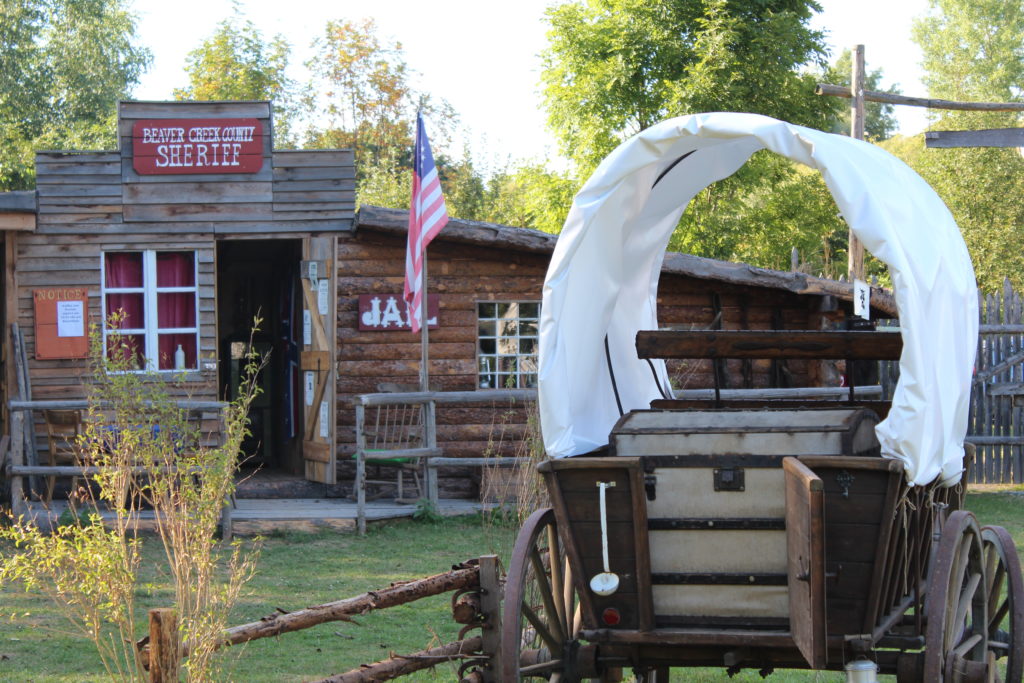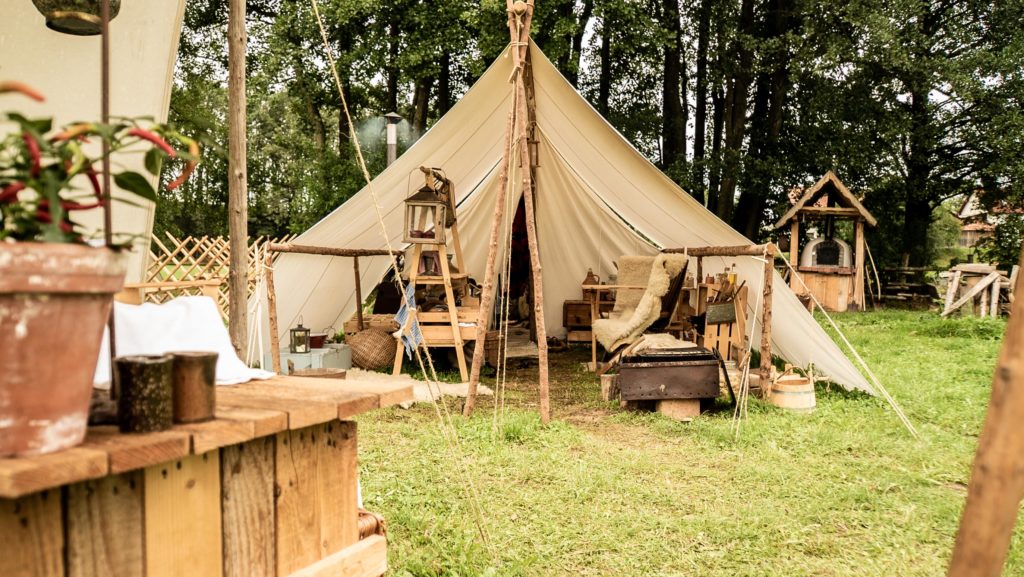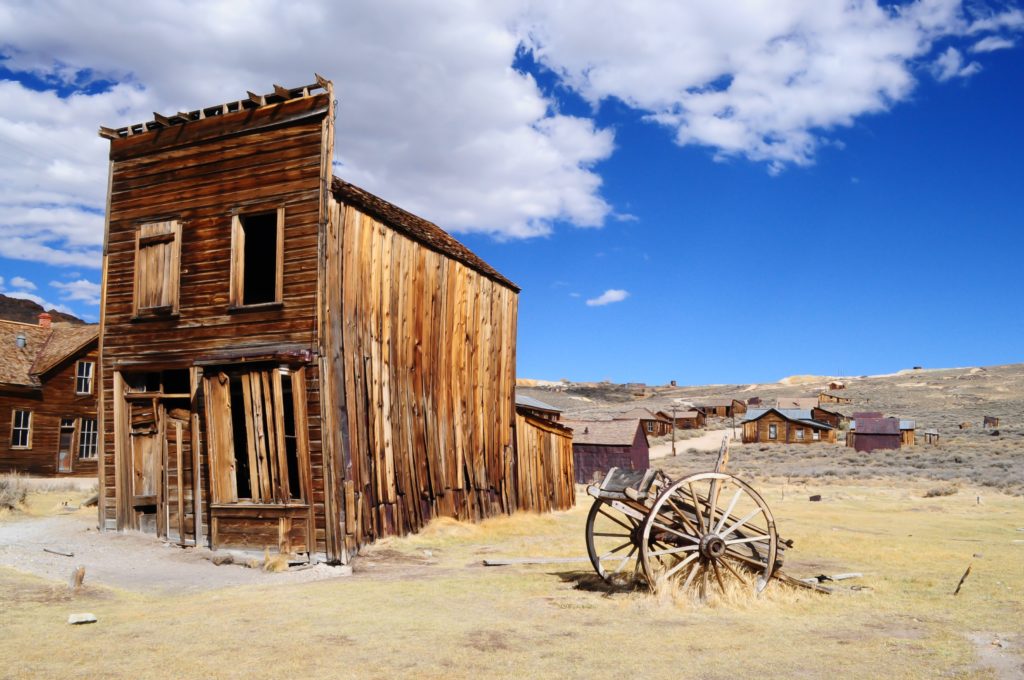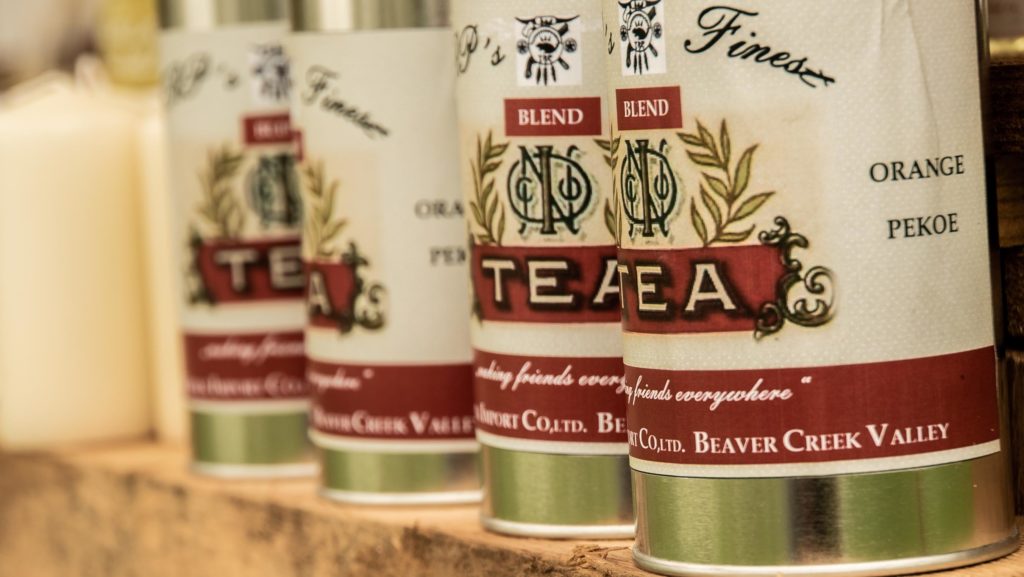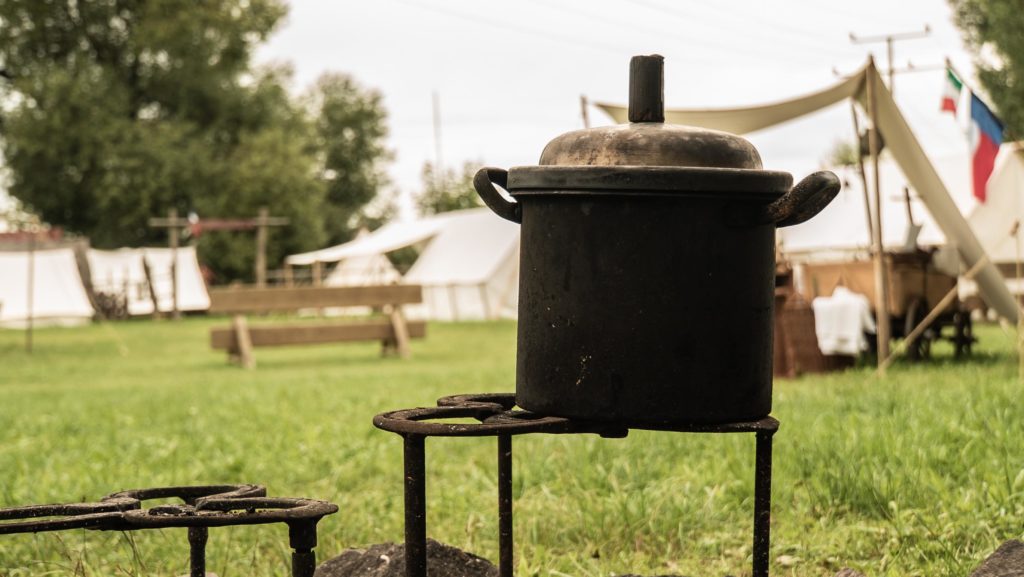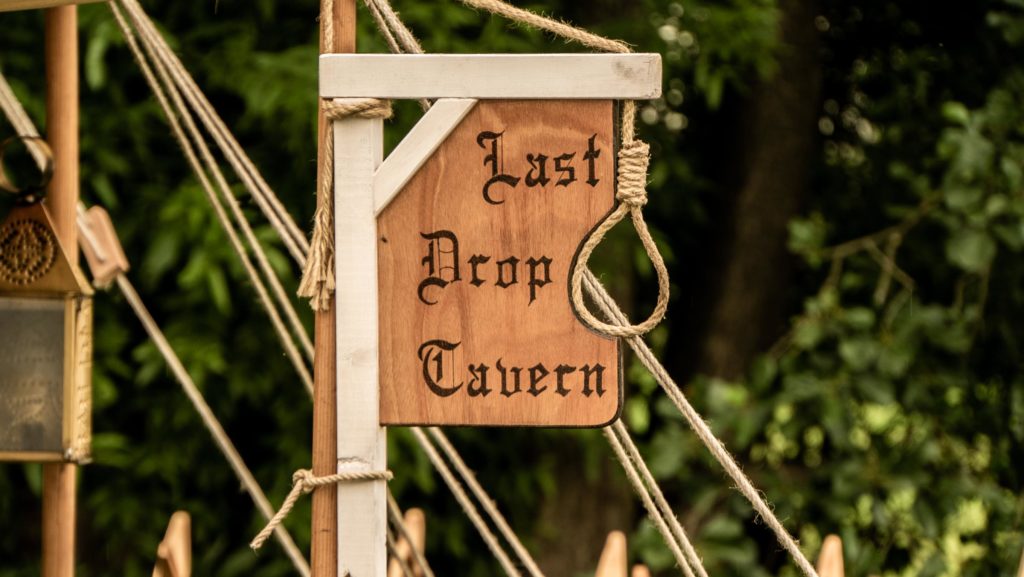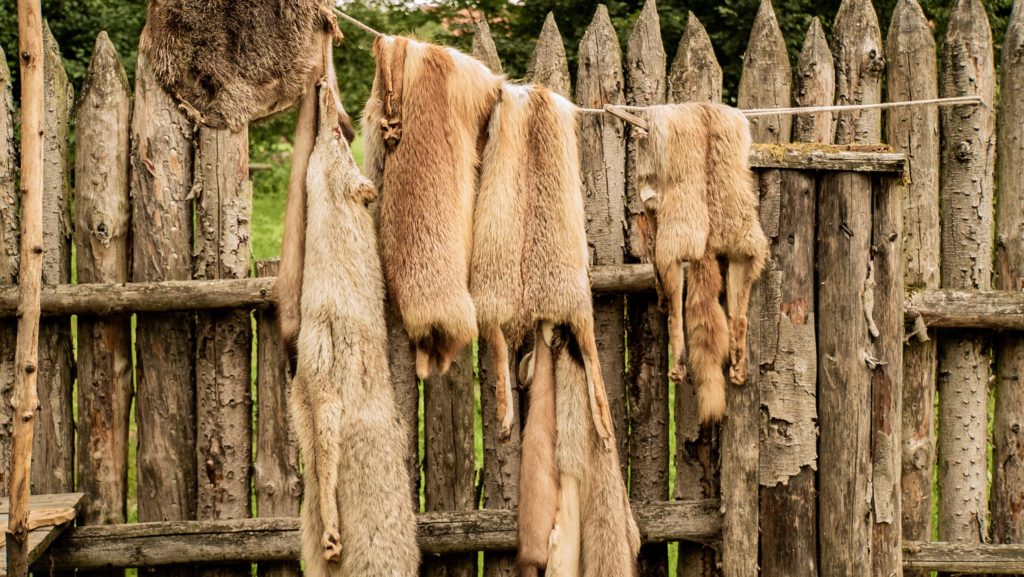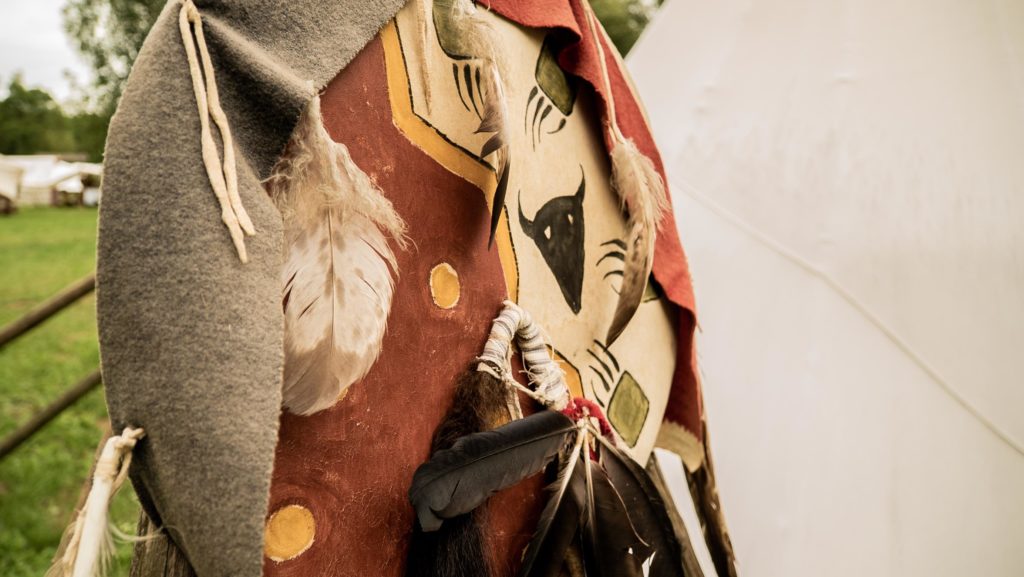Thanksgiving - Background of a Tradition
Thanksgiving - a tradition with many roots
Reading time: approx. 6 minutes.
Saturday, November 21, 2020
When we think of the Thanksgiving tradition, we associate it with well-being, being together with the family and a delicious feast. We prepare ourselves days in advance for the festivity, are stressed out while shopping and decorate the house with pumpkins and other autumnal utensils. In the end we hope that the turkey in the oven will be a success and we are finally happy when the family has left the house saturated.
But for what do we actually say "thank you"?
Until today there are different views about the roots of the Thanksgiving tradition. It is not easy to identify a particular country of origin. There is the word-related "Erntedank" Festival in Germany and also in countries like Liberia, Grenada, Brazil and even Japan a comparable festival is celebrated. The common element is always based on giving thanks and sacrifices for a successful harvest.

The first "Thanksgiving" in America
If we take a look at North America, history proves that the first festivities of thanksgiving took place on May 23, 1541. It was held under Francisco Vásquez de Coronado, a Spanish conquistador (Spanish and Portuguese conquistador = "conqueror"). Coronado was travelling with a companionship of about 1500 men in the area of today's Texas, in search of civilizations and great riches, just like many other "conquistadores" in his time.
Francisco Vásquez de Coronado was considered the first European to discover the Grand Canyon and the Colorado River, among other places.
Instead of the wealth he hoped for, he only found his disillusioned and starving people. Coronado was lucky when he encountered native Caddo tribespeople who helped him and his troops with food. To celebrate this event, a Catholic mass was held together with the indigenous people to give thanks.
In this case one can speak of America's "first Thanksgiving". However, the tradition we know today is based on a different historical event.

The Misery of the American Pilgrim Fathers - The Origin of Thanksgiving Today
Like the history of Coronado, the initial situation of the Puritan Pilgrim Fathers was based on an emergency situation. When in 1620 the first English settlers crossed the Atlantic to the New World on the Mayflower, they did not land at their originally planned destination. Violent autumn storms caused them to deviate from their course and drop anchor near today's Provincetown near Cape Cod. The settlers realized that it would take a long sea voyage to reach their actual destination in North Virginia. So they decided to stay at Cape Cod and settle down. At least for a short time.
At Cape Cod the crew of the Mayflower felt solid ground under their feet again.
Cape Cod is a narrow peninsula off the coast of what is now Massachusetts. The soil there is sandy and farming is difficult - at least if you consider the puristic tools that were used in those days. With the realization that it was difficult to make a living there, the pilgrims sailed on toward the mainland. By December 21, near what is now Plymouth, the food supply was almost empty. The settlers would probably not have survived the first winter, had it not been for the help of the indigenous population.
Thanks to the support of the Wampanoag tribe, at least half of the newly arrived settlers made it through the winter. The other half froze to death or succumbed to disease. No wonder, since the settlers did not have permanent accommodation at that time, but settled in an abandoned village of the Patuxet – a sub-group of the Wampanoag. Most of the huts were already dilapidated, poorly insulated and were not what the settlers would call permanent structures.

Squanto helped the settlers survive in the New World
It was also the Wampanoag who introduced the settlers to agriculture in the New World. A key role was played by Squanto (alt. Tisquantum), who had already been abducted by a merchant ship to the "civilization" unknown to him. Squanto managed to learn the English language there before he could return to his tribe. Despite the fact that Squanto was abducted, it did not stop him from giving the settlers agricultural lessons so that they could survive in the New World.
Among other things, Squanto helped the settlers to practice sustainable agriculture.
Squanto was the key to the success of the settlers in the Plymouth Colony. He served both as a guide to the region and as an interpreter.
After the settlers learned about the customs of the natives to hold a ceremony at harvest time, they decided to do the same. From now on they were to hold a Thanksgiving feast every year together with indigenous guests. They celebrated extensively, ate and played games together, which led to a lively cultural exchange.
It was the time to say "Thank you".
„The First Thanksgiving at Plymouth“, Jennie Augusta Brownscombe (1914)

The Two Rivers Privity also says: "Thank you"!
Up to the time we've had a Thanksgiving feast to say "Thank you" as well. To all of you who have remained loyal to us throughout the year, who have visited us at our authentic camps and who have actively assisted us in the upkeep of Beaver Creek Valley.
We have done this in recent years with an invitation to an authentic Thanksgiving dinner. Unfortunately, this year the Corona Pandemic prevented us from doing so, but we still found a way to say thank you to our great community!
In Cooperation with Marie-Louise Lange from Küchenliebelei (DE), we want to share some great recipes with you for your own Thanksgiving!
An autumnally Crickhollow Apple Pie and Cornbread with chili-apple-jelly and chicken thigh. (DE)

Why Thanksgiving is so important in our opinion
The tradition of Thanksgiving lives on to this day and is celebrated in the USA on November 26th. Unfortunately, the link to the Native Americans is increasingly being forgotten. They live in the middle of reservations in poor conditions, suffer from unemployment and live anything but the "American dream" of freedom and justice. Yet it was them who made it possible for the settlers to survive and gain a lasting foothold in the New World.
Many of today's Natives live in reservations, like here in Fort McDermitt, Nevada.
Unfortunately, the good relationship between the settlers and the indigenous population did not last long. In the following conflicts, countless natives lost their lives and were gradually deprived of their own land.
We would like to actively draw attention to this grievance and remind everyone of it.
For the upcoming Advent season we are currently planning something, and we will need your help. But all in good time - the Beaver Creek Pioneer will keep you up to date.
Enjoy Thanksgiving!
Colton White & Chet McCay – Beaver Creek Pioneer

